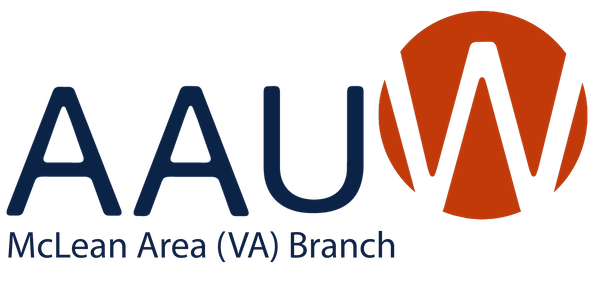Gender inequality coupled with the climate crisis is one of the greatest challenges of our time. The climate crisis is not “gender neutral.” . . . Women and girls experience the greatest impacts of climate change, which amplifies existing gender inequalities and poses unique threats to their livelihoods, health, and safety. Across the world, women depend more on, yet have less access to, natural resources. In many regions, women bear a disproportionate responsibility for securing food, water, and fuel. When disasters strike, women are less likely to survive and more likely to be injured due to long-standing gender inequalities that have created disparities in information, mobility, decision-making, and access to resources and training. In the aftermath, women and girls are less able to access relief and assistance, further threatening their livelihoods, well-being, and recovery, and creating a vicious cycle of vulnerability to future disasters.
The above was taken from the UN’s Women website. (For a fact sheet on the issue, click here.)
There are many causes of climate change, but a major one is human activity.
Ultimately, a gendered analysis of climate change provides a holistic approach to the issue that disproportionately impacts women but also relies upon them, as agents of change, to propose and implement innovative solutions that will help to mitigate its impacts. (See UN Fact sheet “Climate Change: The Need for A Gendered Perspective.”) But too often they are left out of the decision-making process. As AAUW members, each one of us can become a voice for climate change in our communities by adopting green practices in our homes, urging family members to do the same, and supporting community activities and legislation that advance climate change. We urge you to look at your home and community and see how you can contribute.
We would like to challenge Branch members to start to incorporate measures into their lives that help mitigate this colossal world problem. No one can do everything, but each of us can do something. Over the next few months, we will be focusing on ways each of us can be a part of the solution. So, put your thinking cap on to prepare for our Climate Change Challenge, with a prize for the winner.
—Frances Fernald, AAUW McLean Area Branch, Public Policy Committee, April 2023
